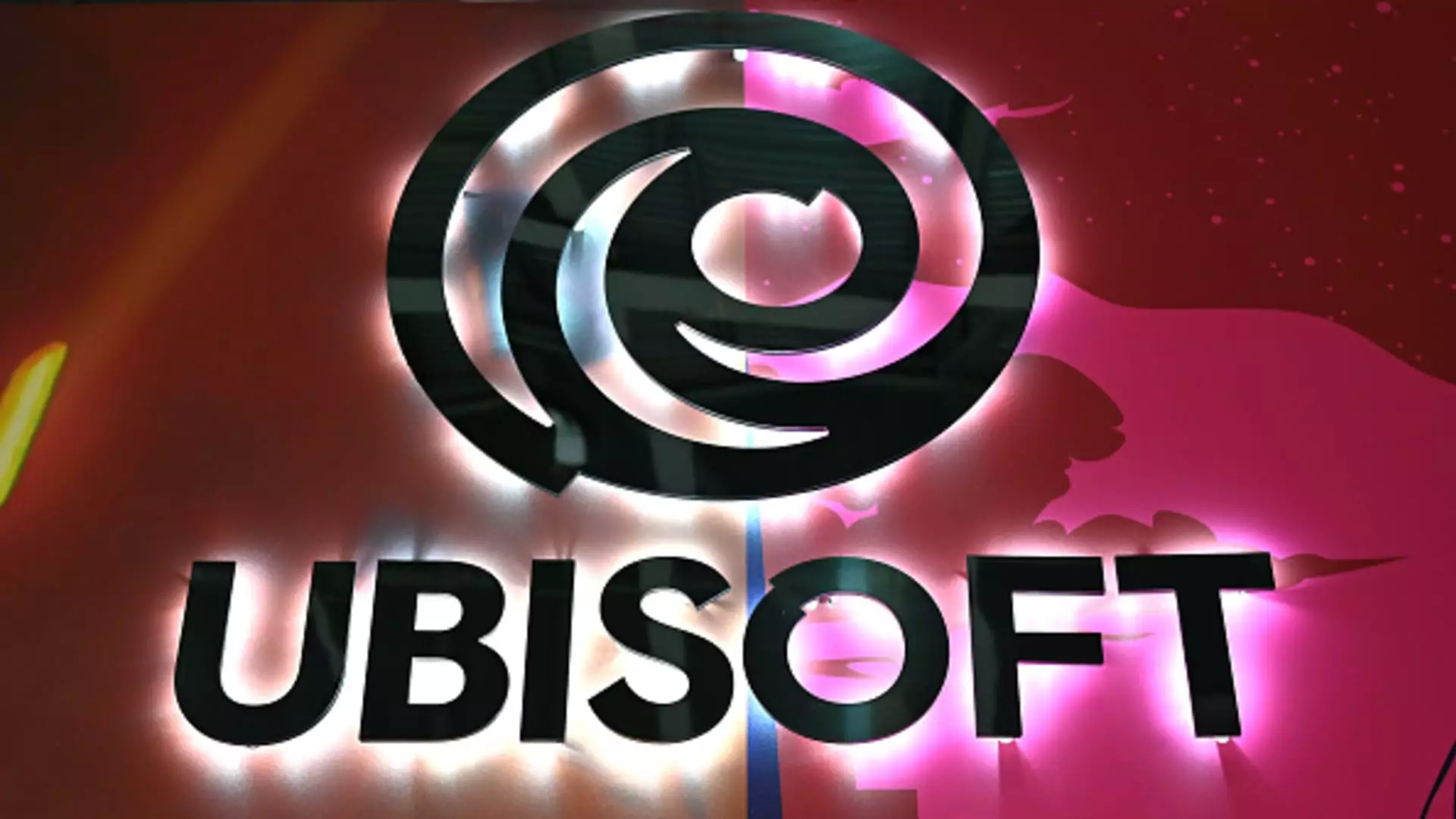Ubisoft, the renowned French video game publisher, recently witnessed a remarkable surge in its stock prices, climbing over 30% within a single trading day. This considerable jump came on the heels of reports suggesting that Tencent, a major Chinese tech conglomerate, along with Ubisoft’s founding family, the Guillemots, are exploring potential avenues for a buyout. Such speculations have sent ripples through the financial markets, particularly given Ubisoft’s significant decline in market value over the past year, which has exceeded 50%. This unexpected interest from Tencent and the Guillemot family brings forth more than mere financial opportunism; it underscores the pressing concerns surrounding Ubisoft’s current trajectory.
Internal Challenges and Market Perception
The driving forces behind these buyout considerations are deep-rooted in Ubisoft’s recent challenges. Despite its fame for flagship franchises like “Assassin’s Creed,” the company has faced mounting pressure due to a sparse pipeline of high-quality games. Industry sentiment is rife with skepticism regarding its ability to deliver compelling triple-A games to capture consumer interest. In fact, just last week, Ubisoft announced a delay in the release of “Assassin’s Creed Shadows” by three months, attributing the shift to disappointing performance metrics associated with its recently launched title, “Star Wars Outlaws.” Furthermore, the company reduced its net bookings forecast for the upcoming fiscal year to €1.95 billion, a notable drop from the €2.32 billion reported the previous year.
Amidst these operational adversities, the sense of urgency for a comprehensive turnaround strategy has emerged. Activist investor AJ Investments has capitalized on the situation, rallying support from around 10% of the shareholder base to demand substantial changes within Ubisoft. Their public appeal for the potential selling of the company to private equity firms or Tencent reflects a growing concern regarding governance and strategic missteps tacitly accepted by the existing Ubisoft management.
In a broader context, Ubisoft isn’t alone in grappling with an industry that has seemingly stagnated post-pandemic. The global gaming market is anticipated to realize a meager growth rate of just 2.1% year-over-year in 2024, a stark contrast to the explosive growth experienced in 2020 and 2021. Gaming analysts speculate this stagnation is influenced by gamers’ preferences shifting towards established titles rather than new entrants, driven by a plethora of choices in an era marked by economic strain on consumer finances. This has resulted in diminishing returns for new games launched, leaving publishers like Ubisoft teetering on the edge of profitability.
James Lockyer, a technology analyst with Peel Hunt, articulated this situation effectively, emphasizing the disconnect between consumer expectations and the revenue projections for newer titles. As a result, the internal review initiated by Ubisoft’s CEO Yves Guillemot symbolizes a decisive moment for the company, aiming to foster better execution strategies to address these persistent issues.
As the whispers surrounding a possible Tencent and Guillemot family partnership intensify, the motivations behind such a move are multifaceted. For Tencent, a significant stake in Ubisoft positions it favorably within the burgeoning global gaming market, promising potential synergies that could reinvigorate Ubisoft’s title offerings and expand their reach. Meanwhile, for the Guillemot family, the buyout may provide an exit strategy from an increasingly volatile investment that seems burdened with uncertainty.
While Ubisoft remains tight-lipped about these discussions, the looming presence of potential private equity involvement adds another layer of complexity to the scenario. Whether such a buyout would lead to an effective turnaround or merely push the company into an even deeper pit of operational dysfunction remains to be seen. The subsequent decisions and strategies undertaken in the coming months will determine not just Ubisoft’s fate, but perhaps set a precedent for the industry at large, reflecting the evolving dynamics between gaming entertainment, economic influencers, and consumer behavior.

